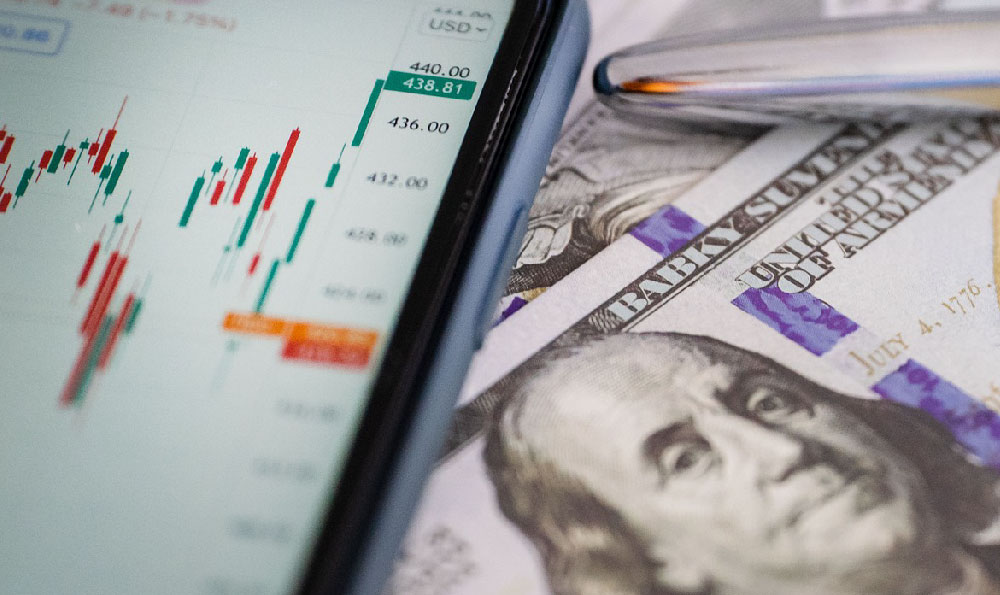How to Make a Money Cake: Is it Easy and How Do I Do It?
The allure of creating a "money cake" – a substantial return on investment, particularly in the volatile realm of cryptocurrencies – is undeniable. The idea that wealth can be rapidly generated and compounded is a potent motivator. However, the reality is far more complex than a simple recipe. While astronomical gains are possible, they are far from guaranteed, and achieving them requires a multifaceted approach encompassing knowledge, strategy, discipline, and a healthy dose of risk management.
Firstly, it’s crucial to disabuse yourself of the notion that cryptocurrency investment is a get-rich-quick scheme. The internet is rife with stories of overnight millionaires, but these are often outliers, amplified by social media and sensationalized narratives. The vast majority of investors experience a more gradual and less dramatic journey, marked by periods of growth, plateaus, and even losses. Approaching cryptocurrency investment with a long-term perspective and realistic expectations is paramount to long-term success and avoiding emotional decision-making driven by fear and greed.
Secondly, knowledge is your most valuable asset. Before investing a single dollar, you must thoroughly research the cryptocurrency market, the underlying technologies, and the specific assets you are considering. Understanding blockchain technology, consensus mechanisms, and the fundamental principles of supply and demand is crucial for informed decision-making. Diving deep into whitepapers, reading technical analyses, following industry news, and engaging with the crypto community are all essential steps in building your knowledge base. Furthermore, understanding the different types of cryptocurrencies is essential. Bitcoin, as the first and most established cryptocurrency, serves as a benchmark. However, the market is replete with altcoins, each with its own unique purpose, technological infrastructure, and risk profile. Understanding these distinctions is paramount. Researching specific projects involves analyzing their development teams, adoption rates, market capitalization, and the potential for future growth. Scrutinize the problem the project is attempting to solve and assess the likelihood of its success in the long run.

Thirdly, developing a comprehensive investment strategy is vital. A haphazard approach, driven by hype or FOMO (fear of missing out), is a recipe for disaster. Your strategy should be tailored to your individual financial circumstances, risk tolerance, and investment goals. Define your objectives – are you aiming for long-term capital appreciation, passive income generation, or short-term speculative gains? Determine your risk tolerance – are you comfortable with high volatility and the potential for significant losses, or do you prefer a more conservative approach? Allocate your capital accordingly, diversifying your portfolio across different cryptocurrencies and asset classes to mitigate risk. Consider employing dollar-cost averaging, a strategy that involves investing a fixed amount of money at regular intervals, regardless of the price, to smooth out volatility and reduce the impact of market timing.
Fourthly, mastering risk management techniques is non-negotiable. The cryptocurrency market is notoriously volatile, and sudden price swings are commonplace. Employing stop-loss orders, which automatically sell your assets when they reach a predetermined price level, can help limit your potential losses. Never invest more than you can afford to lose. This is a cardinal rule of investing, and it is especially crucial in the high-risk environment of cryptocurrency. Consider using leverage cautiously, if at all. Leverage can amplify your gains, but it can also magnify your losses, potentially wiping out your investment in a short period. Conduct thorough due diligence on all platforms and exchanges you use to ensure their security and reliability. Enable two-factor authentication and use strong, unique passwords to protect your accounts from hacking.
Fifthly, staying informed and adaptable is crucial for navigating the ever-evolving cryptocurrency landscape. The market is constantly changing, with new technologies, regulations, and trends emerging regularly. Continuously monitor market news, analyze price charts, and adapt your strategy as needed to stay ahead of the curve. Learn to identify potential scams and Ponzi schemes. Be wary of projects that promise guaranteed returns or employ aggressive marketing tactics. If something sounds too good to be true, it probably is. Scammers are rampant in the crypto space, and they are constantly developing new and sophisticated ways to defraud unsuspecting investors.
Sixthly, understand the importance of tax implications. Cryptocurrency investments are subject to taxation, and it is essential to keep accurate records of your transactions for tax reporting purposes. Consult with a tax professional to ensure that you are compliant with all applicable laws and regulations. Ignoring tax obligations can lead to penalties and legal repercussions.
Finally, cultivate a disciplined and unemotional approach. The cryptocurrency market can be emotionally taxing, with extreme highs and lows that can trigger impulsive decision-making. Avoid letting fear or greed dictate your actions. Stick to your predetermined strategy and resist the temptation to chase quick profits or panic sell during market downturns. Remember that patience is a virtue in investing. Building wealth takes time and effort, and there are no shortcuts to success.
In conclusion, creating a "money cake" in the cryptocurrency market is not a simple or guaranteed process. It requires a significant investment of time, effort, and resources. By acquiring knowledge, developing a sound strategy, managing risk effectively, staying informed, and maintaining a disciplined approach, you can increase your chances of achieving your financial goals. However, it is crucial to remember that investing in cryptocurrencies always involves risk, and there is no guarantee of profit. Approach with caution, diligence, and a long-term perspective.















